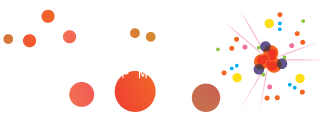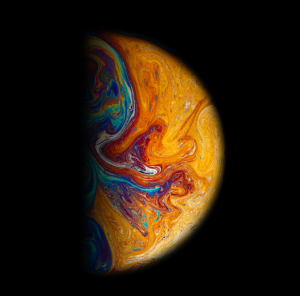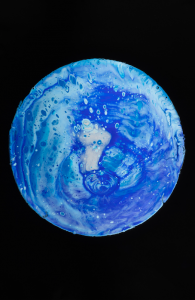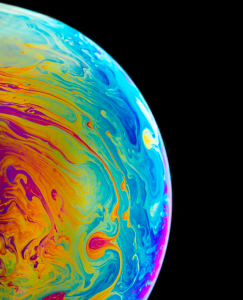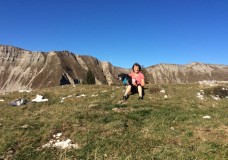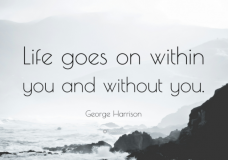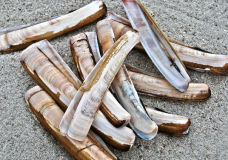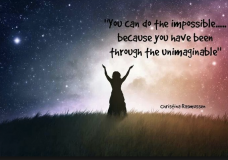My Gentle Provocation for OD Consultants and Executive Coaches
Main image found on Medium, 19 December 2016
Written on 19 February 2021, Posted on 8 March 2021
What’s going on?
Last week Dr Mee-Yan Cheung-Judge invited a group of NTL OD Practitioners to reflect on how we can best support organisations after this dramatic year of COVID pandemic, and ongoing social & racial justice, and climate issues.
Before I propose my thinking, an important caveat is in order. The lenses through which I look at the world – which includes the business world – have shifted tectonically these past few years, for three principal reasons.
- Learning about “Vertical Development” – the notion that adults can and do have important shifts of consciousness during their lifetimes
- Pandemic + Social & Racial Justice Issues + Climate Issues coming more to the fore
- Out of order deaths in my immediate family (brother, husband, youngest child) and learning to live and contribute despite those losses, while also witnessing losses in the lives of my clients
All three reasons have given me new lenses through which I view the world and consider what is important in life.
Serious illness and death have resulted in even deeper questioning of what really matters, a re-evaluation of what I hold dear, and a true acceptance that there is not much I can control – if anything.
The pandemic has brought loss and grief (whether that is everyone’s loss of routine and ways of living and working, or other people’s loss of dear loved ones) into everyone’s day to day lives. The backdrop of social justice and climate issues that have been there for decades have become more visible. And that is timely, because we cannot carry on taking from this world, and treating people in the world, in the ways we have been doing to date. And now we really know that. At long last.
And Vertical Development posits that adults can and do expand their level of consciousness during their lifetime, resulting in greater focus on interconnectedness, interdependence, and the need for sustainable practices in business and personal lives. There can come a point in a leader’s career development when caring solely about business results, whether for a team, division or even entire organisation, is not sufficient. Particularly if the getting of those results takes too much from other groups, communities, or the planet.
Image by Daniel Olah on Unsplash
So what does that mean for OD Practitioners? Traditionally our field has been about helping organisations attain “great results and great health”, but I don’t think that goes far enough now. We need to stand back, to zoom out our focus of attention, and look more broadly, both in the present and into the future. To look beyond this quarter or this fiscal year. To look beyond the next few years’ results and well out into the future and contemplate both predictable and unintended consequences. To consider, in the language of Peter Hawkins, “the impact on our grandchildren’s grandchildren”.
These past few years in particular, through my own grief-educated lenses, I have not hesitated to take clients to task on “What matters to you – really?”, invited them to advise themselves from their future deathbed on what a good decision now might be, or otherwise challenge them when they appear to be making decisions that are not good for their own well-being.
On top of these questions, the focus of my questioning has shifted further into the future as well as outwards with more of a wide-angled lens. I invite clients to take a longer look at consequences, societal impact, future generations, and the interconnectedness of competitors, suppliers, and other industry sectors. And, while I am at it, I ask questions about climate and planetary impact.
People don’t have answers. How could they? But the questions, once asked, cannot be unasked. The noodling in the brain, the wondering, “What if I helped this organisation become a force for good?”; “What if this organisation contributed to the world’s well-being?”; “What if I lived from and led from my highest self, my greatest visionary aspiration and purpose?”; “What if everyone, AND the planet, could benefit from this?”. And one of my favourite questions, “What would Love have me do?”
What IS the purpose of organisations anyway? I remember early in my career a senior colleague saying, “To satisfy shareholder needs”. I was in my late 20s at the time and I felt desperately sad at the soullessness of this response. I couldn’t articulate what I felt was missing, but it felt so empty. So bereft. So heartless. So short-term.
Image by Pawel Czerwinski on Unsplash
Now what can we do?
OD practitioners have an opportunity to ask that question again. What IS the purpose, the higher, aspirational, visionary purpose, of this organisation? Now. In five years. In twenty years. And whether or not this organisation survives, what GOOD do we want to do, to enable, to co-create? What worthy legacy are we uniquely positioned to leave? What does the world – not just our current customers – need from us?
We can bring the planet, climate, inequality, loss and death into our conversations. We can bring legacy into our conversations. We can bring core human needs of love, inclusion and belonging into our conversations. We can bring humans’ needs for fulfilment, for self-actualisation, into our conversations.
People have always wanted to make a difference, to lead meaningful lives, to touch and shape the well-being of those who matter most to us. The invitation now is to widen our lenses, and to incorporate all of humanity, our planet earth, and generations to come in our work with organisations.
Image by Daniel Olah on Unsplash
